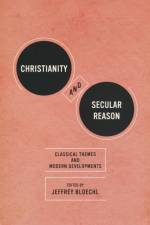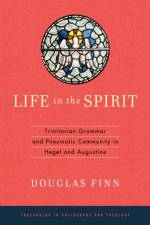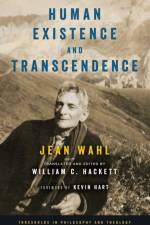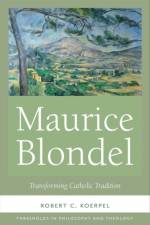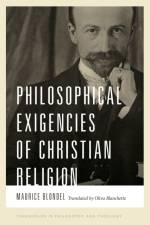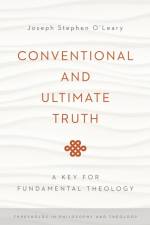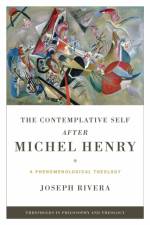av Joseph Rivera
521 - 2 761
In The Contemplative Self after Michel Henry: A Phenomenological Theology, Joseph Rivera provides a close and critical reconstruction of the philosophical anthropology of Michel Henry (1922-2002) while also addressing the question of how theology contributes to Henry's phenomenology. In conversation with other French figures such as Derrida, Marion, Lacoste, and Barbaras, Rivera undertakes a global thematic study of Henry's work. He shows how, for Henry, the theological debate is shifted onto a phenomenological problem, with a coincident will to pursue the epistemological efforts of Husserl and Heidegger.The chapters tackle some of the most pressing debates in contemporary Continental philosophy, such as the "e;modern ego,"e; the nature and experience of temporality, and the constitution of the body and otherness, and how a theological discourse may illumine those anthropological structures. The book expands on the modern narrative of the self from Descartes to Nietzsche, opens up the particular lines of inquiry Henry advances in dialogue with those figures and phenomenology in particular, and highlights the surprising theological turns in Henry's late work on Christianity.Because Henry's work is difficult, it is often misunderstood; Rivera's own vision of the self, one that is shaped by Henry but not in full agreement with him, advances insights internal to Henry but also brings into sharp focus many problematic points in Henry's phenomenological theology. An array of classical theological voices appear in the final chapters, such as St. Augustine, Tertullian, Irenaeus, Pseudo-Dionysius, and Gregory of Nyssa, all of whom are set in dialogue with Henry. A fresh and creative articulation of contemplation and selfhood, the volume is a valuable addition to the continuing conversation that seeks to build bridges between phenomenology and theology.

